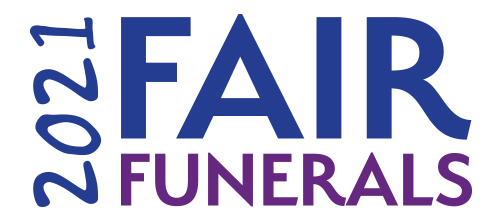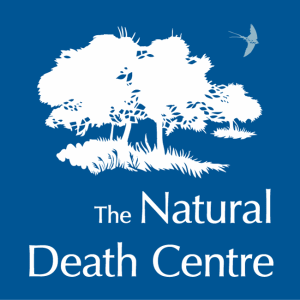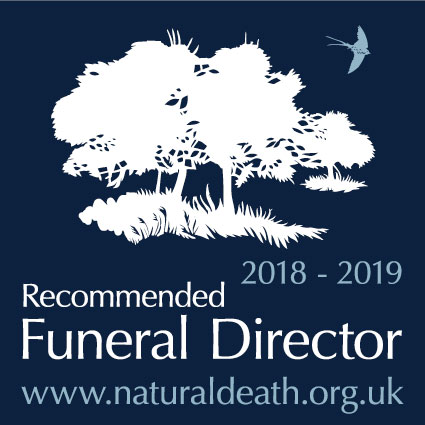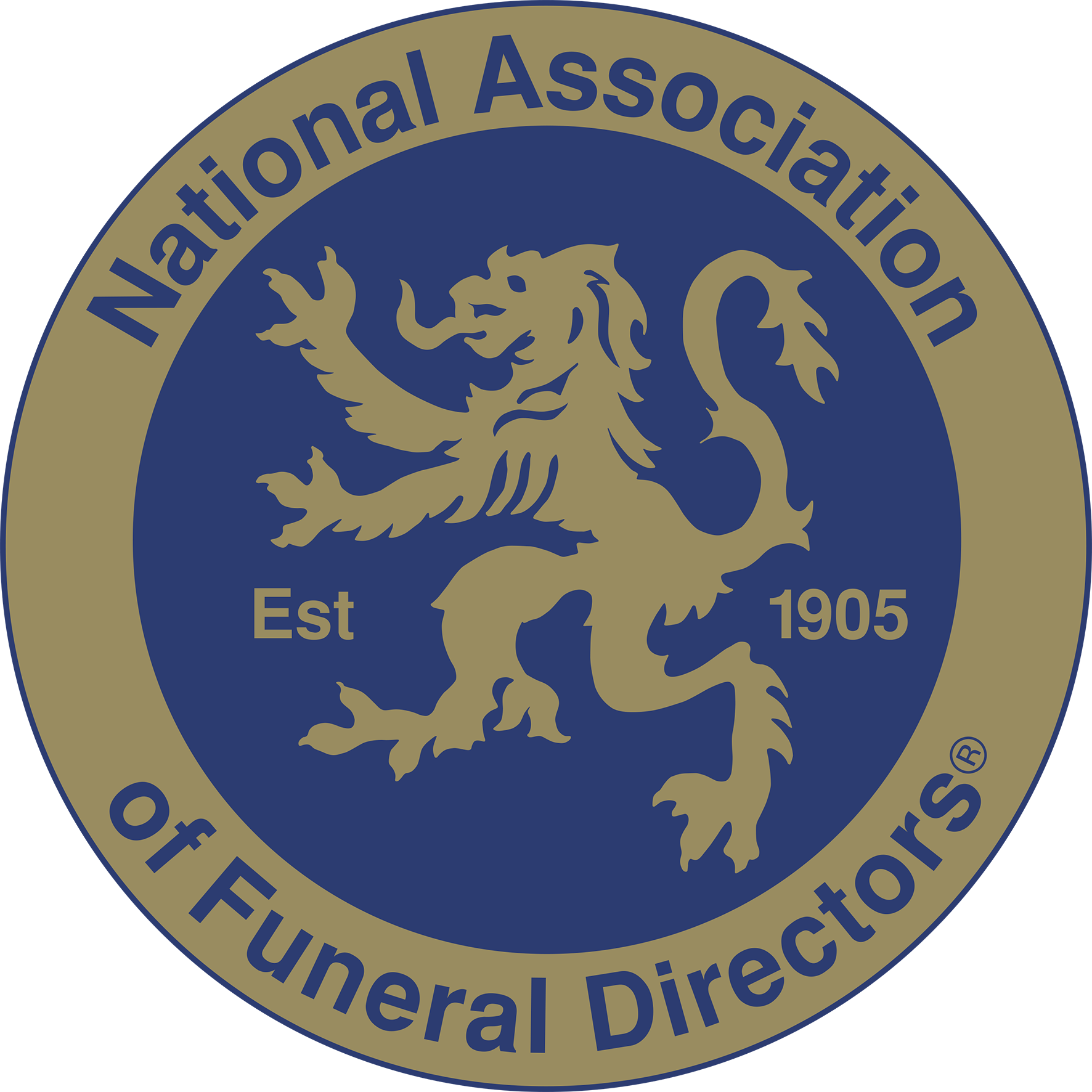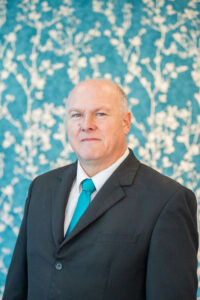Funerals are the last personalised event that marks life and are conducted in many ways. They may be religious, spiritual or humanist, end in a cremation or burial, grand or simple. When making arrangements, sorting through the diversity of funeral types on offer may seem overwhelming. This article will look at two common styles, Modern and Traditional, to help you decide if either is for you and your needs.
A Modern Funeral
The “modern” title is open to interpretation and has a different meaning for each person. Often what mourners wear, the venue or the procession vehicle hearse may mark the event as modern, and there’s a feeling that modern is about shunning the old for new. However, we believe that modernity and tradition can easily coexist and don’t necessarily exclude each other. A modern funeral is an opportunity for choice, even if the requests are wacky and off-the-wall. What’s most important is a meaningful send-off. A modern funeral is not prescriptive, and your Funeral Director should act as a facilitator for individuality while providing transparent support and compassion.
Traditional Funerals
Although many funeral services are still traditional and faith-based, there has been a move toward non-religious traditional funerals. This style of send-off is usually extravagant, with every bell and whistle, which means costs are generally higher. It also usually follows a particular format or adheres to specific rituals and rites. Commonly, a Traditional Funeral in the UK has the following:
- A Visiting: also called a Viewing. This allows loved ones to see the deceased and say goodbye. Many people in the UK prefer not to include this element in proceedings, but others feel it’s a vital element in mourning.
- The Service: this is usually a service held in a funerary home, church or place of worship, or at the crematorium or gravesite. An officiant or religious official speaks, as do family and friends.
- The Funeral Procession: a hearse with the coffin leads and is followed directly by a car carrying the immediate family. This journey may also include walking behind the coffin on foot from the church to the graveside.
- Burial or Cremation: Either is common for a traditional funeral, depending on personal preference and religious belief.
- A Wake: This post-funeral reception marks the deceased’s life.
Grief is Neither Modern nor Traditional
Grief is a part of life; it isn’t a modern or traditional concept. Funerals may look different depending on your country of origin, religion, creed, or concept of your humanity, but they are ultimately a unifying human experience. The critical part of the funerary process is to mark a passing and provide the family and friends with an opportunity to gather together and mourn the loss of someone they loved.
Contact County Funerals
When choosing a Modern or Traditional Funeral, consider the compassionate and attentive team at County Funerals. We handle arrangements – including unusual ones – with respect and care. Visit our website and funeral price list, or call our experienced funeral directors here.
